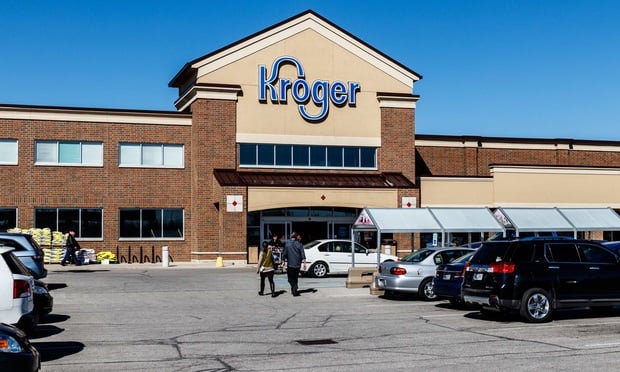The determination is a result of a survey of more than 1,000 high-net worth individuals, real estate developers, private equity groups, institutional investment advisers and opportunity funds that had been polled by Denver-based EquityCity.com. EquityCity is a neutral exchange designed to streamline and facilitate raising equity to fund real estate transactions.
Direct investment of private equity capital in commercial real estate properties is expected to increase over the next 12 months, according to the EquityCity survey. Some 40% of the respondents have indicated a more bullish outlook while another 40% are staying their present course. About half of the investors intend to increase their allocations of capital to direct real estate investment in the coming year, with 40% planning to maintain current real estate allocations. The remaining 10% of the sector polled will cut back on investments.
EquityCity President Matthew Blumberg says the survey reflects a steady capital flow for for well-sponsored and structured real estate investments and developers over the next year. "While this real estate upmarket has enjoyed a long run, our investor members are clearly still performing detailed due diligence on specific markets and opportunities," says Blumberg. "From the real estate entrepreneur's perspective, the good news is that equity investors are looking closely at rents, vacancies, absorption and new construction and, for the most part, like what they see enough right now to want to put more money into the sector."
Still, Blumberg cautions real estate developers and entrepreneurs that the increased flow of equity capital into the market probably will not result in far cheaper equity costs in the near term. It also will not allow developers and entrepreneurs to get away without putting some of their own equity into their deals.
"Equity continues to be the cornerstone of the commercial real estate market, but an increased flow into the market won't make that equity dramatically cheaper," says Blumberg. He says the survey shows investors continue to lean toward experienced developers and sponsors. Investors also are demanding "a reasonable level of equity" to be provided by sponsors, atypically 10% to 14% of the project total while "still expecting reasonable returns from their investment." He says equity accessibility and greater funding certainty may result in lower costs for putting together the equity package on a deal-by-deal basis.
Two-thirds of the investors prefer to use a co-investment structure with others, the survey concludes. The remaining investors prefer to make the entire equity capital investment in an individual project or venture. According to Blumberg, this strategy creates opportunity for experienced "brand name" equity investment groups to take an even bigger role in leading high-quality investment opportunities in the years ahead.
Want to continue reading?
Become a Free ALM Digital Reader.
Once you are an ALM Digital Member, you’ll receive:
- Breaking commercial real estate news and analysis, on-site and via our newsletters and custom alerts
- Educational webcasts, white papers, and ebooks from industry thought leaders
- Critical coverage of the property casualty insurance and financial advisory markets on our other ALM sites, PropertyCasualty360 and ThinkAdvisor
Already have an account? Sign In Now
*May exclude premium content© 2025 ALM Global, LLC, All Rights Reserved. Request academic re-use from www.copyright.com. All other uses, submit a request to [email protected]. For more information visit Asset & Logo Licensing.








